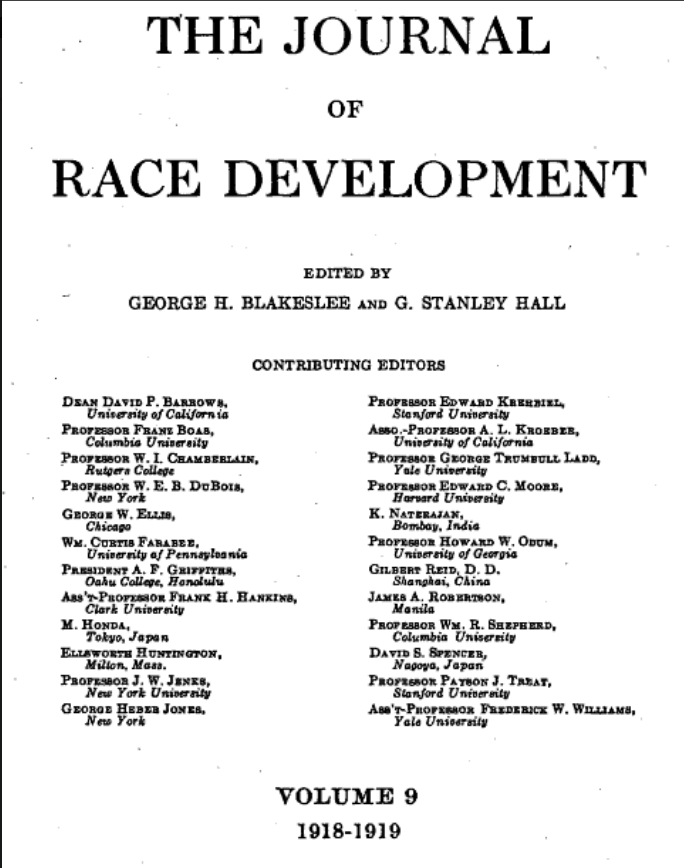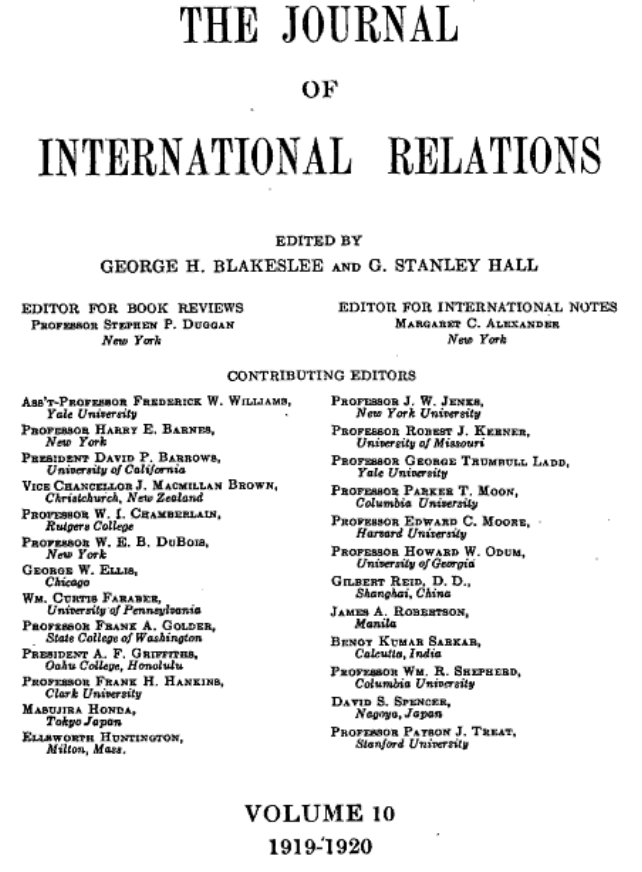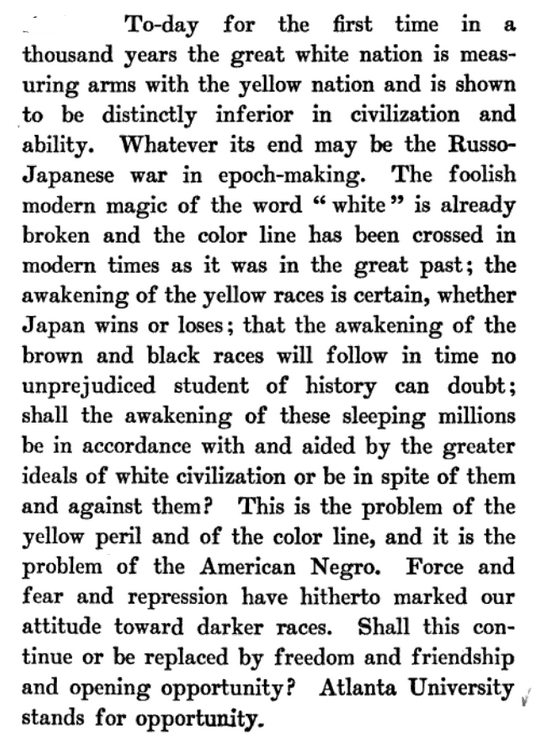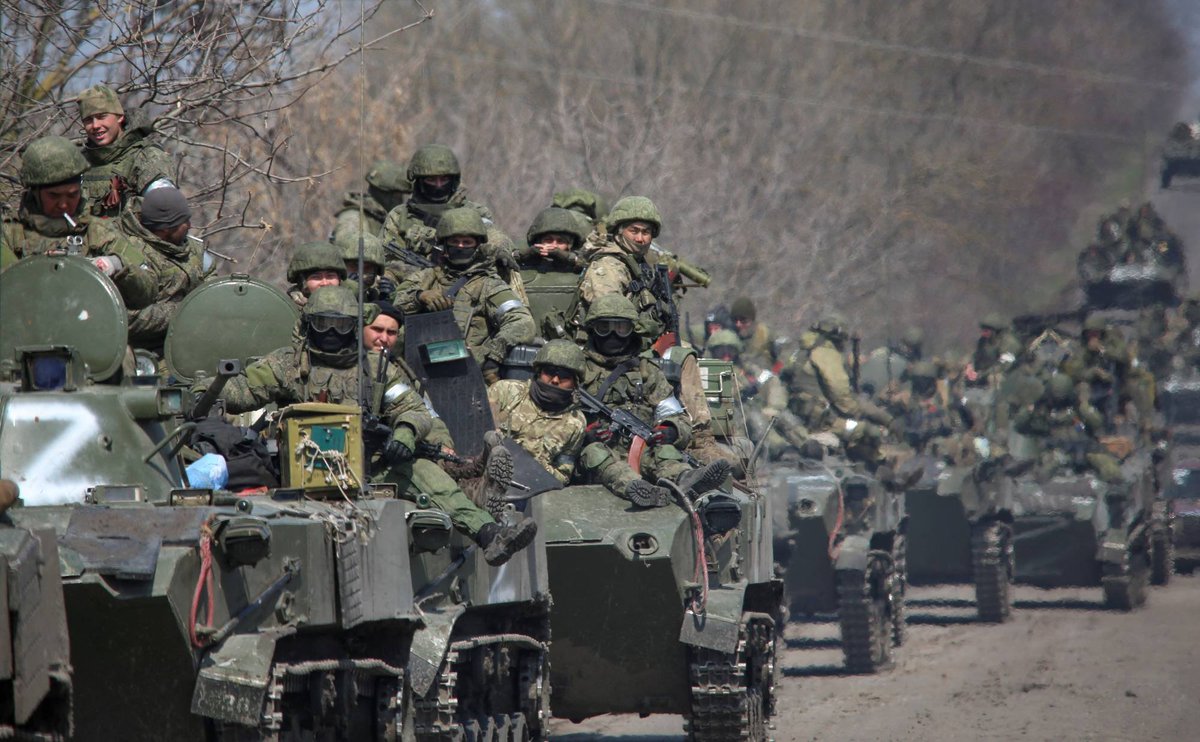
W.E.B. Du Bois is a major International Relations theorist, and his writings should be standard reading for international relations students.
If you're reading Morgenthau (or Waltz or etc), you need to also read Du Bois.
[THREAD]
If you're reading Morgenthau (or Waltz or etc), you need to also read Du Bois.
[THREAD]

It's exciting that new work on Du Bois as an IR theorists is out this year.
That work includes a volume by my colleagues Adom Getachew and Jennifer Pitts...
cambridge.org/core/books/w-e…
That work includes a volume by my colleagues Adom Getachew and Jennifer Pitts...
cambridge.org/core/books/w-e…
...as well as the outstanding recent piece in @ForeignAffairs by @Ras_Karya.
foreignaffairs.com/united-states/…
foreignaffairs.com/united-states/…
These are in addition to the attention given Du Bois in Robert Vitalis' 2015 book.
amazon.com/White-World-Or…
amazon.com/White-World-Or…
Du Bois' work on international relations is critical FOR IR theory because, well, it's critical OF IR theory.
He's not trying to #KeepRealismReal, he's questioning the very foundations of the theory.
He's not trying to #KeepRealismReal, he's questioning the very foundations of the theory.
https://twitter.com/ProfPaulPoast/status/1429052769923633153
Du Bois' criticism might be best captured by his view (as @Ras_Karya points out in his above piece) on "Journal of Race Development" changing to "Journal of International Relations" in 1919: he didn't like the change
He likely felt the former name was a more accurate description

He likely felt the former name was a more accurate description


Overall, Du Bois is a critical voice to existing IR theory -- whether Realism or Liberalism/Idealism -- in two big ways:
- Race relations are central for understanding world politics
- "International Relations" is best thought of as "Imperial Relations"
Let's unpack each.
- Race relations are central for understanding world politics
- "International Relations" is best thought of as "Imperial Relations"
Let's unpack each.
First, race relations are central for understanding world politics.
A core idea in Du Bois' writing is the notion of "The Color Line"
As he said in his 1900 "To the Nations of the World" address, "The problem of the twentieth century is the problem of the color line"
warwick.ac.uk/fac/arts/engli…
As he said in his 1900 "To the Nations of the World" address, "The problem of the twentieth century is the problem of the color line"
warwick.ac.uk/fac/arts/engli…
In that speech, he elaborates on the "problem":
"The question as to how far differences of race...will hereafter be made the basis of denying to over half the world the right of sharing to utmost ability the opportunities and privileges of modern civilization."
"The question as to how far differences of race...will hereafter be made the basis of denying to over half the world the right of sharing to utmost ability the opportunities and privileges of modern civilization."
Five years later, in 1905, this led Du Bois to label the Russo-Japanese War was as "epoch-making" because it "crossed the color line" 

Here is the passage: Japan's performance in the war (which they would eventually win) was upending the "modern magic" of "white" 

Side note: this is another example of how Russia's behavior (or the actions of others toward Russia) in security affairs seems to influence the thinking of IR theorists.
https://twitter.com/ProfPaulPoast/status/1204745930144174080
Another great example of how he sees race as a central principle in world politics are his views on World War I, namely way it was seen as shocking. 

He put forward the view that the war was shocking to many in Europe and the United States because it threatened "White Civilization".
He wrote an article in the Journal of Race Development in April 1917 titled "Of the Culture of White Folk"
Link: jstor.org/stable/2973821…
Link: jstor.org/stable/2973821…

He writes of his amazement at the destruction within the "white world". World War I was shocking, not just because of the devastation it brought about, but because the devastation was unfolding in "White Civilization". 

He then contrasts what is unfolding in Europe with the death and devastation that Belgian imperialism did in Congo during the late 19th century. 

Specifically, this graph from @OurWorldInData plots the 100 worst atrocities in history. Looking closely, you'll see that the death toll in Congo (#14) is not far off from World War I (#11).
Link: ourworldindata.org/uploads/2013/0…
Link: ourworldindata.org/uploads/2013/0…

This leads to the second big way in which Du Bois is critical of IR theory: "International Relations" is best thought of as "Imperial Relations".
Prior to writing "Of the Culture of White Folk", Du Bois had published in essay in @TheAtlantic titled "The African Roots of War"
theatlantic.com/magazine/archi…
theatlantic.com/magazine/archi…
Some might be thinking, "Hey, that sounds a lot like what Lenin argued."
You are right, though Lenin didn't publish "Imperialism, the Highest Stage of Capitalism" (in 1917) until after Du Bois published his Atlantic essay (in early 1915).
google.com/books/edition/…
You are right, though Lenin didn't publish "Imperialism, the Highest Stage of Capitalism" (in 1917) until after Du Bois published his Atlantic essay (in early 1915).
google.com/books/edition/…
Following the war, Du Bois' writing would continue to raise both criticisms. They were intimately tied together, which is clear in his 1925 piece for @ForeignAffairs.
foreignaffairs.com/articles/afric…
foreignaffairs.com/articles/afric…
Indeed, in 1943 he wrote how those same two features of world politics contributed to the renewal of major European war -- this time, as World War II.
foreignaffairs.com/articles/afric…
foreignaffairs.com/articles/afric…
What makes Du Bois writing challenging to existing dominant views of IR is that those theories leave race out of it.
More deeply, Du Bois sees race as a construct for facilitating labor exploitation. This political economy is absent in Realism/Liberalism.
More deeply, Du Bois sees race as a construct for facilitating labor exploitation. This political economy is absent in Realism/Liberalism.
For awhile, Marxism was put forward as an alternative to Realism/Liberalism, as it did offer this political economy based critical view.
journals.sagepub.com/doi/abs/10.117…
journals.sagepub.com/doi/abs/10.117…
But Marxism became diminished as an alternative with the collapse of the Berlin Wall (and then Soviet Union) between 1989 and 1991. 

Marxism also lacks the racial centrality of Du Bois theory. That gives Du Bois' work a continued relevance compared Marxist-Leninist thought (though it should be added that Du Bois did join the communist party later in life, likely because of the ideological similarity). 

In sum, the work of Du Bois should be required reading for IR students. His views on race and imperialism need to be grappled with by Realism, Liberalism, or just anyone who desires an understanding of world politics.
[END]
[END]
Addendum 1: For more on the necessity of bringing the works of Du Bois into the "IR cannon", see...
...this collection of essays (& especially the introductory essay) on Race and Racism in IR edited by @RobbieShilliam, Alexander Anievas, and Nivi Manchanda...
routledge.com/Race-and-Racis…
routledge.com/Race-and-Racis…
Addendum 2: This 🧵 focused on his analytical views about imperialism, namely the idea that "imperial relations" best captured what is truly meant by "international relations". It is not a 🧵 about his personal views imperialism (that would require a whole other 🧵).
One example of his personal views is his writings on Japanese imperialism, which you can read about here.
tandfonline.com/doi/full/10.10…
tandfonline.com/doi/full/10.10…
• • •
Missing some Tweet in this thread? You can try to
force a refresh




















